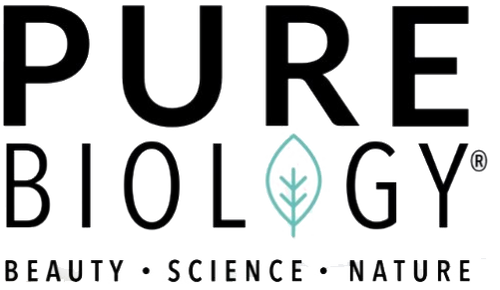Over the past several years, laser skin resurfacing has gained momentum and become a popular alternative to more invasive surgeries. There are many pros to laser treatments, there is virtually no downtime, it’s nearly painless, and the results are dramatic. Lasers now offer solutions to a range of cosmetic issues like sagging skin, age spots, sun damage, broken capillaries, and more! But if you’re considering skin resurfacing or tightening treatments, you may not know which one is best for you. Keep reading for a crash-course on lasers, laser types, and the results you can expect from treatment.
Who is the ideal candidate for laser treatment?

There are several types of treatments available today: light devices, laser devices, ultrasound therapies, and infrared therapies. Almost anyone is a good candidate for laser treatments, but you need to choose the treatment that will target your specific skin issues. Not all lasers will correct all skin issues.
What kinds of skin problems can laser treatment correct?
There is a treatment for nearly every skin concern. Laser treatments can potentially correct a wide variety of skin issues and imperfections such as hyperpigmentation, acne rosacea, acne scars, broken capillaries, stretch marks, collagen production, fine lines, wrinkles, skin sagging, cellulite, and excess fat. And yes, laser treatments can also remove that regrettable tattoo you got in college.
What types of lasers are there and what do they do?

There are several types of lasers used in skin laser therapy, ablative and non-ablative. Ablative lasers use controlled damage to superficially wound the outer layers of your skin so that fresh skin will grow. Non-ablative lasers target the tissue under the skin without removing superficial layers. There are MANY devices (ablative and non-ablative) that dermatologists use, and the one you choose will depend on your skin goals. If you’re looking to remove age spots or sun spots you might want to try an IPL. If you want to improve skin texture and tone, reduce wrinkles, remove sun damage and pigmentation, and tighten your skin, C02 lasers treatment might be right for you. If you’re looking to treat minor sun damage, fine lines, acne scars, and large pores, you might opt for Pixel laser treatment.
How often do you need to get treated?
The number of sessions will depend on the laser treatment you choose, the severity of the damage you are trying to correct, and your personal skin goals. Each laser and light device requires a different number of sessions for optimal results. Ablative lasers may require 1 or 2 treatments whereas non-ablative lasers could require 5 or more.
What is the recovery like?
Recovery for each treatment varies. Ablative lasers are a bit more intense, and you will have inflammation and possible swelling which could last hours or days, depending on the intensity of the treatment. All ablative lasers will cause damage which will result in redness and peeling skin and, and you won’t see the final results for at least a week. Again, the downtime greatly depends on the procedure. IPL and Pixel treatments are fairly noninvasive, but CO2 treatments can involve painful healing, swelling and even oozing.
How to choose the right laser treatment

First and foremost, before getting any laser treatments, be sure your laser technician is a board certified skin practitioner or dermatologist. You don’t want to end up spending a lot of money and getting no results, or worse … Lasers can be dangerous in the hands of someone who doesn’t know what they are doing, and an inexperienced or uncertified technician could leave you burns or scars. Find someone trained and certified that you trust to help guide you through your laser journey.
With laser treatments for virtually every skin issue and concern, there’s now an attainable solution for those who suffer from skin conditions. Lasers can clear up issues like acne scars, rosacea, spider veins, and skin damage quickly, and relatively painlessly. These treatments also provide considerable anti-aging benefits and can take years off your skin in just a few sessions. If you're thinking about getting a laser skin treatment, just be sure to do your research and find a qualified skin specialist or dermatologist to ensure you get the best results.
